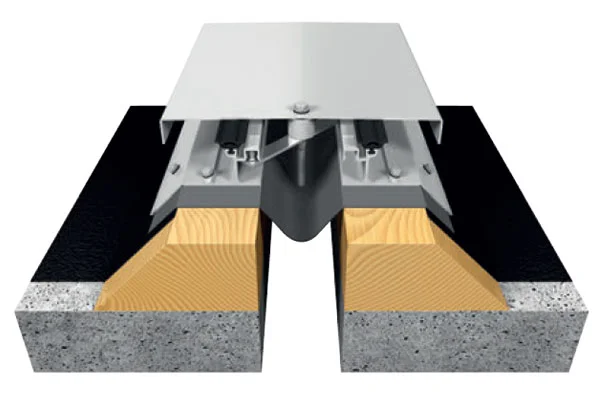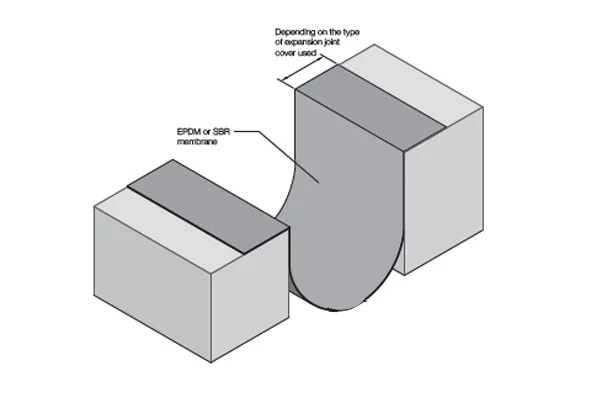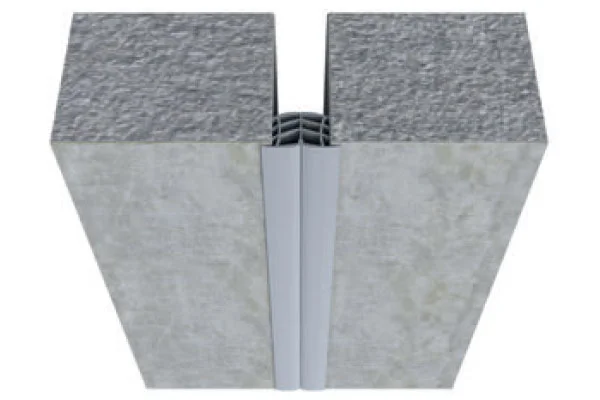
Scott Cannon CEO, BigRentz
The pandemic sparked a home improvement boom, with millions of Americans pouring money into DIY projects and upgrades. These projects led to a jump in sales for some of the nation’s largest home-improvement chainsm but in recent years, that frenzy has cooled, or perhaps more accurately, has evolved.
With high home prices and stubborn mortgage rates keeping owners in place, many are choosing to renovate — often in ways that add square footage, build additional dwelling units or overhaul kitchens and baths. These types of jobs are big, requiring professional contractors.
That shift has not gone unnoticed by the industry. Home Depot and Lowe’s —the two largest home improvement retailers in the world—are now making billion-dollar bets to capture share of the professional (“Pro”) market. From acquisitions of distribution networks to expanded loyalty programs, these companies are repositioning themselves not only as stores for homeowners but as essential partners for contractors.
Here’s why whoever owns the $450-billion ‘Pro’ market will own the next era of construction retail.
Prioritizing Pros
Why are Pros so critical? One key reason is purchase frequency and ticket size: Many professional contractors make frequent, repeat purchases in bulk, which adds up to a far greater share of store volume than the occasional trip by a DIYer.
Another reason Pros are so important to retailers is stability and margins. While consumer moods may fluctuate, impacting DIY spending, Pro work tends to be steadier and provide retailers more resilient revenue streams. Even during market downturns, many contractors stay consistently busy, including with repairs or jobs paid for by insurance, such as replacing drywall and flooring after a water leak. Add to that, contractor purchases often come with better margins, since Pros care more about reliability and quality than chasing the lowest price. In short, Pros are the customers who spend more, return often and stick around — making them central to any retailer’s growth.
The stats back it up. Professional contractors already drive a disproportionate share of revenue. At Home Depot, Pro customers make up only about 10% of the customer base but account for roughly half of all sales. Lowe’s, historically more DIY-focused, reports a smaller Pro mix — around 20-25% of sales — but says that figure is growing. In the first quarter of 2025, Lowe’s even saw Pro segment sales outpace DIY sales.
Mergers & Acquisitions as a Signal
Nothing signals a strategic priority quite like billions of dollars in acquisitions.
Lately, major chains have been on a buying spree for companies that serve pros. In the last year, Home Depot announced a massive $18.25-billion acquisition of SRS Distribution — its largest deal ever — as well as a $4.3-billion deal to acquire building products distributor GMS. The SRS acquisition alone folded in around 760 branches nationwide, massively extending Home Depot’s reach into specialized jobsite materials and adding an estimated $50 billion to Home Depot’s addressable market.
Not to be outdone, Lowe’s made its own $8.8-billion agreement to acquire Foundation Building Materials, a distributor of drywall, insulation and other interior construction supplies. That deal brings Lowe’s over 370 distribution centers and access to 40,000 new Pro customers through the company’s network. It’s a massive investment aimed squarely at beefing up Lowe’s contractor business.
These are huge, structural bets on Pro dominance. The message is clear: consolidation in the pro supply chain isn’t a passing trend, it’s the next battleground.
The SaaS Playbook: Enterprise over Consumer
This shift in construction retail mirrors the evolution of software from consumer apps to enterprise solutions. SaaS firms learned long ago that enterprise clients can deliver many times the lifetime value of consumers — not only through larger deal sizes, but also through multi-year contracts that are often paid upfront. In other words, enterprise accounts are more profitable, more predictable and a better foundation for long-term growth than chasing millions of individual users.
In construction retail, Pros are the “enterprise accounts” of home improvement. Serving them requires a more service-intensive approach — but once secured, they’re loyal and enormously valuable.
That loyalty doesn’t come automatically. Pros expect dedicated account reps, trade credit lines, priority service, bulk pricing, and digital tools to manage projects. Home Depot and Lowe’s have responded with loyalty programs and tech offerings that mimic enterprise SaaS relationships.
Just as importantly, retailers are beginning to deploy enterprise-grade technology to serve Pros at scale. That means tools that simplify complex procurement, automate vendor coordination and ensure materials arrive exactly when and where they’re needed. By embedding intelligence into these workflows, platforms can take cost and friction out of every project — and in doing so, become indispensable partners to contractors.
The Future is Pro
The market for Pro services isn’t just large — it’s redefining how the industry operates. To go after that opportunity, the big-box chains are reshaping themselves into hybrid retail–wholesale distributors, embedding more deeply into the day-to-day work of contractors.
This isn’t a passing trend — it’s a reset. The billions flowing into acquisitions and technology make it clear the real contest isn’t about who sells the most paint to weekend DIYers. It’s about who becomes the go-to platform for Pros. Whoever gets there first will shape the next era of construction retail.
Scott Cannon is the CEO of BigRentz, a construction procurement software company.








